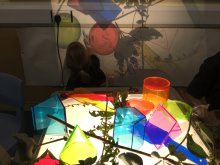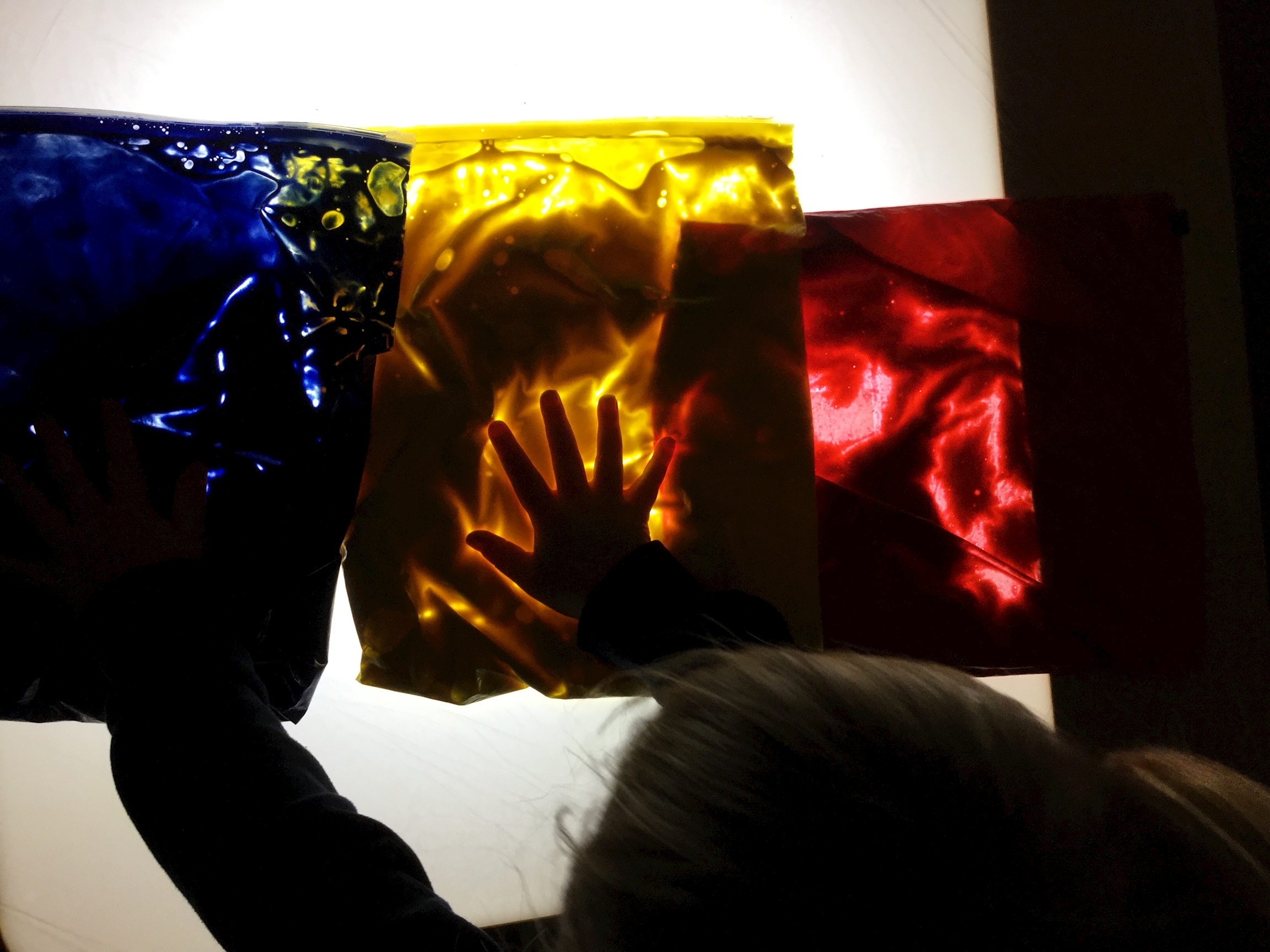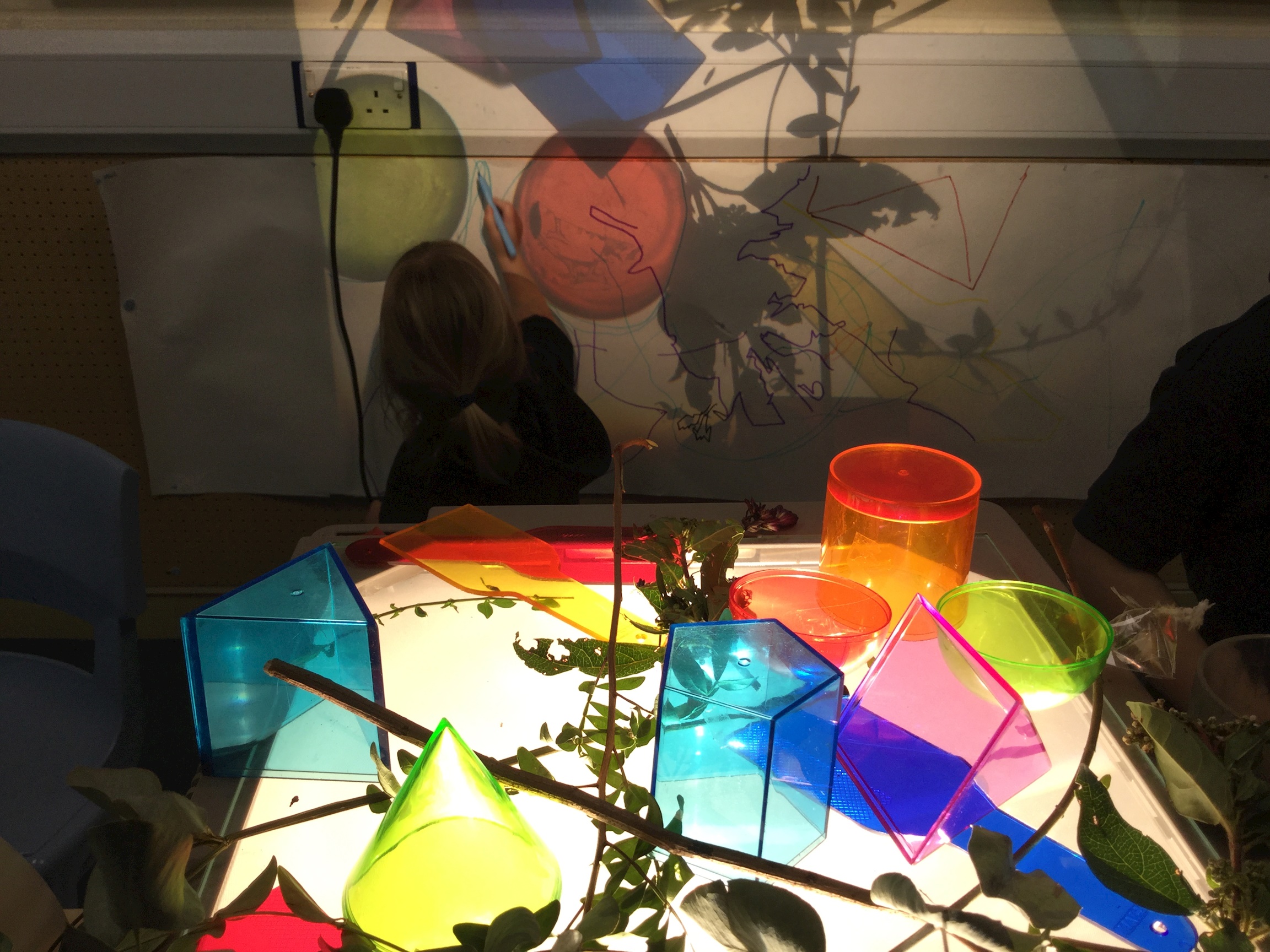Teaching Blog - Infinite Outcomes

Perhaps like you, I usually reserve the perfectly intoned words, “err hello?” for when I’ve been cut up on the sliproad leading from the A36 to the start of the London Road. But last week, I found myself saying them to my phone as I listened to the Radio 4 Positive Thinking podcast this week when they discussed the Agora School in the Netherlands.
Agora is an incredible secondary school in the Netherlands, sat in a building that looks like a cross between a big tech office, a playground and backstage at a theatre. Children have the freedom to learn and explore whatever they want to explore. Their own interests are treasured and built on. They can create freely, work collaboratively and engage in long term projects. Children don’t have set classes to attend, instead teachers (renamed as coaches) bring learning to the children, teaching Pythagoras’ theorem while building a table or exploring a geography problem.
The podcast talked about whether schools such as the Agora in the Netherlands could work over in this country and asked, “Can the Agora school revolutionise the way kids learn in the UK making them better ready to face the challenges of the 21st Century?”
This is where the, “err hello?” comes in. Because learning experiences like this already exist in the UK. They are happening in the Early Years Foundation Stage (EYFS) all over the country for children aged up to 5. The EYFS is a holistic curriculum that is underpinned by the Characteristics of Effective Learning:
Creating and Critically Thinking,
Active Learning,
Playing and Exploring
It treasures original thought, allows children to express themselves as they choose to and encourages children to self select the learning activities they engage with. This is what Agora does, and seems to do so well.
At Monkton, our Reception class follow our homegrown ‘Innovate Curriculum’. Our Innovate Curriculum prizes freedom, possibilities, creativity and enquiry. Teachers see themselves as co-creators and co-explorers and meet children in the learning spaces that the child chooses. Writing happens as a result of play, maths is seen when children use a jet of air to propel flying machines down a long hallway. Outcomes are infinite, and certainly not predetermined by a teacher.

I wonder if the questions we should ask ourselves about the kind of teaching and learning practice seen in Agora should not be, “should we do this” or, “how could we do this” but “why do we stop doing this?”
Questions like this would be recognised and well received by thinkers such as Mitch Resnick of MIT, who writes powerfully about the idea of a ‘Lifelong Kindergarten’ arguing that children need to imagine, create, play, share and reflect their way to university. Angelina Angie Matsie Motshekga argues that, “play based learning and other active pedagogies… play a role in the cognitive development of the child [and the] development of each child’s ability for collaboration, communicate, content, critical thinking, creative innovation and confidence”.
Are schools like Agora the schools of the future? These are already the schools of the present. It’s just that in most places, after children turn 5, they become the schools of the past.
Claire Champion
Teacher, Monkton Prep School

















.jpeg&command_2=resize&height_2=85)

.png&command_2=resize&height_2=85)
